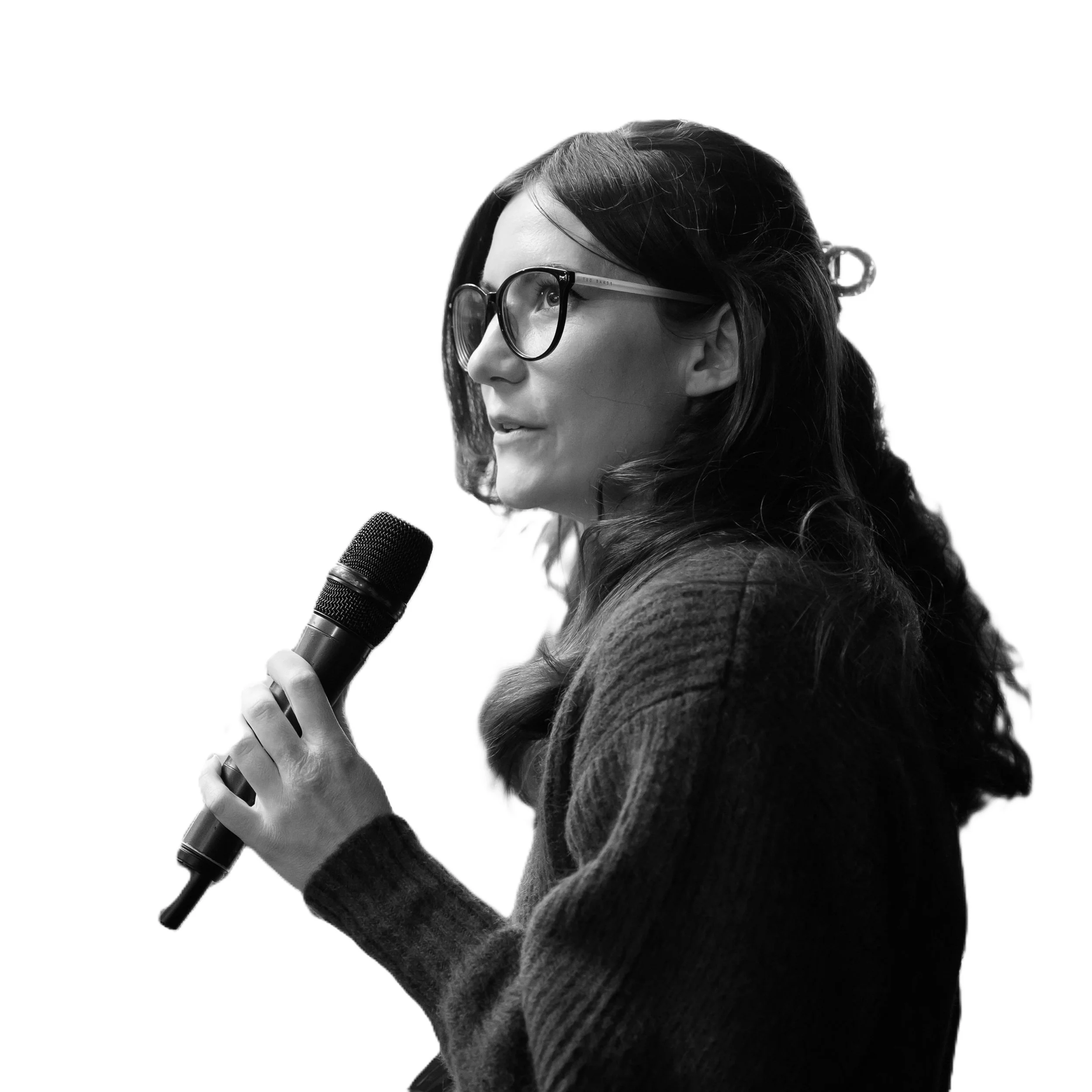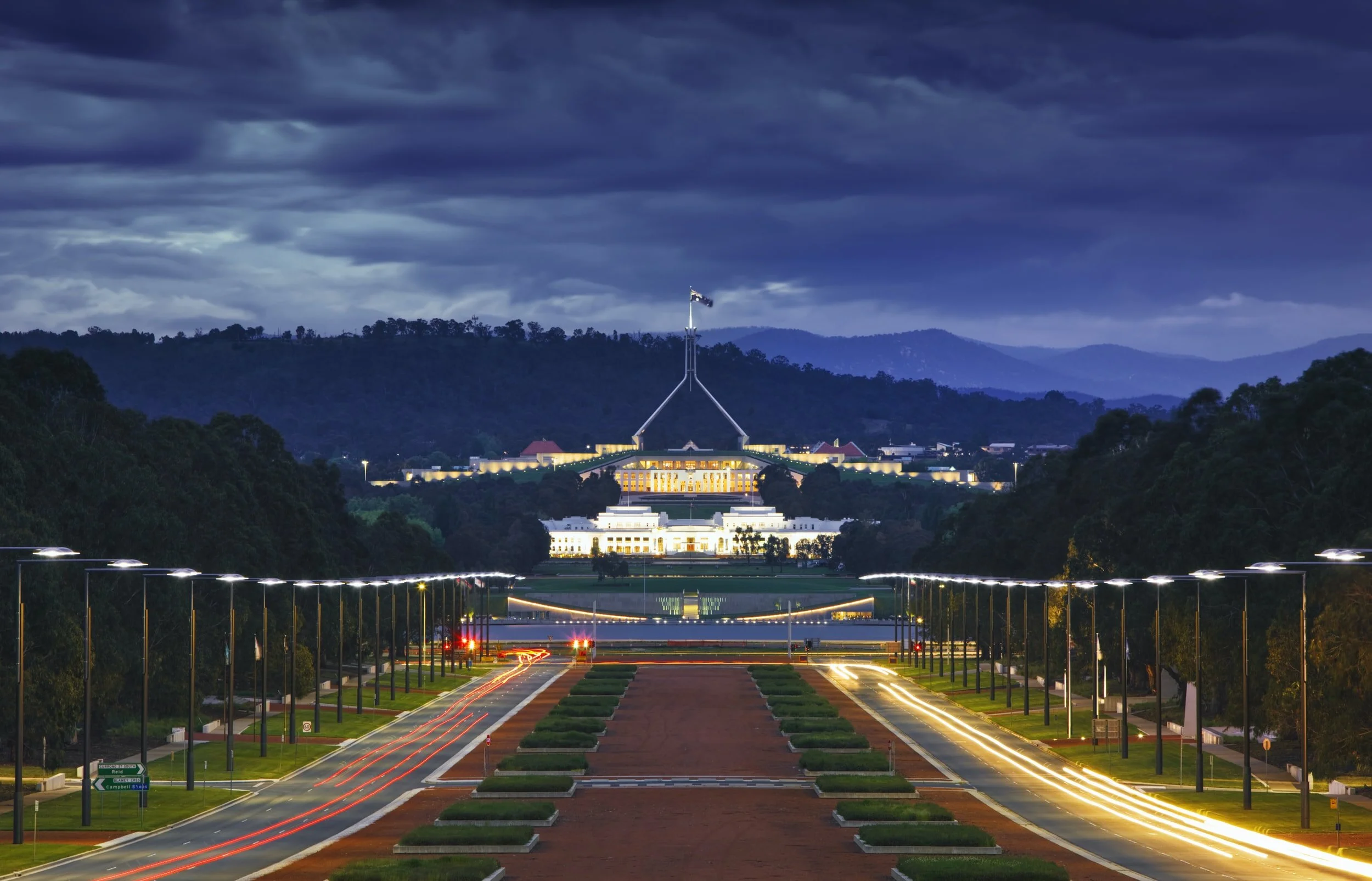This post by Lisa Bortolotti is a re-post in a series of posts on a project on agency and youth mental health funded by the Medical Research Council and led by Rose McCabe at City University, UK. Lisa is a Professor of Philosophy at the University of Birmingham, affiliated with the Department of Philosophy and the Institute for Mental Health. In this post she answers four questions about her work on agency in youth mental health.
Read MoreThis year’s Federal budget, announced on May 11th, included a Women’s Budget Statement. Perhaps this was added after last year’s budget left many women feeling their needs were not considered. But will this budget deliver for women? Today’s analysis from Kathy MacDermott and Louise McSorley, on behalf of the National Foundation for Australian Women (@NFAWomen), examines the government’s infrastructure plans using a gender lens. This piece is synthesized from the NFAW’s infrastructure analysis.
Read MoreThe evidence has been well publicised: young people who have spent their formative years in public care are less likely than their peers to be in gainful employment, and more likely to become homeless, to become involved in crime or prostitution or to become long-term dependent on the state. A closer inspection of the data tends to reveal a much more nuanced picture: a small group of care leavers are ‘movers on’ who achieve educational, employment and wellbeing outcomes that are similar to those of their peers in the general population. A much larger group are survivors: they enter care significantly behind their peers in key areas of development and although, given the right support, they make progress, it takes time to narrow the gap, and their achievements, occurring relatively late in life, often go unrecognised. Only a relatively small group of care leavers fit the stereotype and struggle with very poor outcomes.
Nevertheless, we need to understand why, despite more evidence of success than is often acknowledged, the transition to adulthood from care can be problematic for too many young people who have been the responsibility of the state. In this blog, Harriet Ward and Mike Stein explore the transitions from care to adulthood through exploring historical narratives.
Read MoreOn Wednesday and Thursday of this week, 16 – 17 June 2021, the 50/50 by 2030 Foundation hosted its inaugural symposium, ‘Equals Now’ at the University of Canberra. In today’s post, Laura Davy (@LauraKDavy) and Briony Lipton (@briony_lipton) reflect on the key themes and highlights from this excellent 2-day conference.
Read More‘Competition’ is often seen as a major driver of quality and efficiency in social care markets. But a team from the University of Melbourne conducted a study into the effect of competition on a range of nursing home quality and price measures, and found no evidence that competition increases quality of care, and only a weak association between competition and price. In today’s post, originally published on the Conversation, Ou Yang, Anthony Scott, Jongsay Yong and Yuting Zhang report on their findings.
Read MoreIn today’s post, the team at Children’s Ground introduces its Dine for a Difference campaign - an opportunity to gather around a table with friends and family to learn more about the depth of First Nations knowledge and history and the injustices First Nations people face in Australia. Children's Ground is a not-for-profit organisation working to create a different future with First Nations children, families and communities experiencing the greatest levels of disadvantage in Australia, through a family-centred approach.
Read MoreKathleen Herbert reflects on what needs to change so we can convince women to enter parliament.
Read MoreWomen’s engagement with employment is nearly on parity to men’s, yet workplaces have been slow to consider how women’s needs may differ. Australia is leading the way in considering how reproductive health needs can be accommodated through designated leave policies, but there is no consensus on the issue. In today’s piece, University of Sydney (@USydneyEcon) researchers Sydney Colussi (@Sydney_Colussi), Elizabeth Hill (@ElizabethHill00) and Marian Baird (@ProfMarianBaird) make the case for reproductive health leave as a key lever for gender equality in the workplace. This piece originally appeared in the Sydney Morning Herald.
Read MoreLuke Michael (@luke_michael96) highlights findings from a new research report from Children and Young People with Disability Australia that suggest problems with NDIS implementation are many and varied, and are not likely to be fixed by the Government’s proposed major reform of Indpendent Assessments. He talks over the implications with the report’s lead author Professor Helen Dickinson.
Read MoreThe Australian Government is developing a ten-year National Disability Employment Strategy to “increase employment outcomes and break down barriers that people with disability may face in finding and keeping a job.” The Strategy’s proposed priority areas, set out in a consultation paper released in April, continue down a path that has not improved employment outcomes for people with disability at scale for nearly three decades. In today’s post, adapted from the Melbourne Disability Institute’s response to the consultation paper, Sue Olney (@olney_sue), Kirsten Deane (@NDISDeane), and Bruce Bonyhady (@mdi_unimelb) explain why we must seize the opportunity presented by the COVID-19 pandemic to rethink how we frame and address disadvantage in the labour market, and why we need new approaches to policy design and implementation in this arena that reflect the current and future environment in which Australians with disability are seeking work.
Read MoreAlastair Stark, Nivek Thompson (@NivekKThompson) and Greg Marston argue that public deliberation can lead to better policy design by offering something more dynamic than a ‘snapshot’ of public opinion: it can show policymakers how citizens think and justify their decisions.
Read MoreEveryone who is concerned about Australia’s economic recovery from the impacts of COVID-19 was glued to the presentation of the Federal Budget documents on May 11th. While the budget highlights gains for women, will it actually deliver? As a document that reflects true priorities and values, the National Foundation for Australian Women (@NFAWomen) is busy dissecting and analysing the budget to bring to light how effective this budget will be in promoting gender equality. Sally Moyle (@SallyMoyle) provides insight into this important process.
Read MoreThe Commission for the Human Future (@HumanFutureAU) recently held a groundbreaking webinar on Catastrophic Risk and the Public Good: Toward our Human Future. Hosted by Dr Arnagretta Hunter (@cbr_heartdoc) - a cardiologist and the Human Futures Fellow in the College of Health and Medicine at ANU and chair of the Commission - and featuring Dr Luke Kemp, an expert in catastrophic risk now based at Cambridge, and Dr Millie Rooney from Australia reMADE, the discussion addressed two big themes: threats to humanity and what matters for people in their lives. The conclusions were that community is central to our human future, and that catastrophic risks like climate change, nuclear war and artificial intelligence can be reduced through better democratic representation, through better economics and through a deliberate acknowledgement of the value of caring and importance of community. In today’s post, Dr Hunter explores key lessons from the webinar and explains why the best hope for a better human future lies in concerted effort.
Read MoreOne of the headline figures in Tuesday’s federal budget was a A$1.1 billion dollar investment in women’s safety. This came as part of a special women’s budget statement, which pitched the budget as helping provide women with “respect, dignity, choice, equality of opportunity and justice”. It also comes amid a national crisis in domestic violence. On average, one woman is killed every week in Australia by a male current or former partner. So does the budget deliver on its promise to prioritise women’s safety and equality at home and at work? Does it do enough?
Read MoreFor decades addressing men’s violence against women has been “a women’s issue” and women’s responsibility. Women have established shelters and refuges to provide safety to women and children, women have taken to the streets to march for their safety, women have shared their lived experiences of violence and much more. We rarely hear from men or from children about their experiences of living with and witnessing men’s violence. This deeply personal piece seeks to start to change that.
Read MorePeter Martin recently argued that the government’s budget is their true statement of values. As we have watched the Federal Government trying to get onto the front foot to address their ‘woman problem’ over recent weeks, an insight into their values would be helpful. In today’s analysis, Helen Dalley-Fisher of the Equality Rights Alliance (@EraAustralia) explains how the Federal budget is the key document to provide forensic evidence that they mean business.
Read MoreWayne Herbert, disability employment professional and person with disability makes a powerful argument for inclusive education. Segregation in education is indefensible on human rights and outcomes grounds.
Read MoreAustralia’s child protection systems have long failed the families and children it was designed to protect. The structural injustices of the child protection system can be tackled by building institutional justice capital. This must include parental rights, non-violence, respectful relationships and public debate argue Dr Sharynne Hamilton and Dr Sarah Maslen.
Read MoreIn this post, Miqdad Asaria, Joan Costa-Font and Frank Cowell (London School of Economics) present their research on a seldom discussed topic - people’s aversion to income and health inequality in society. They argue that COVID-19 has made people more averse to inequalities, particularly if they have had COVID-19 themselves.
Read More



















